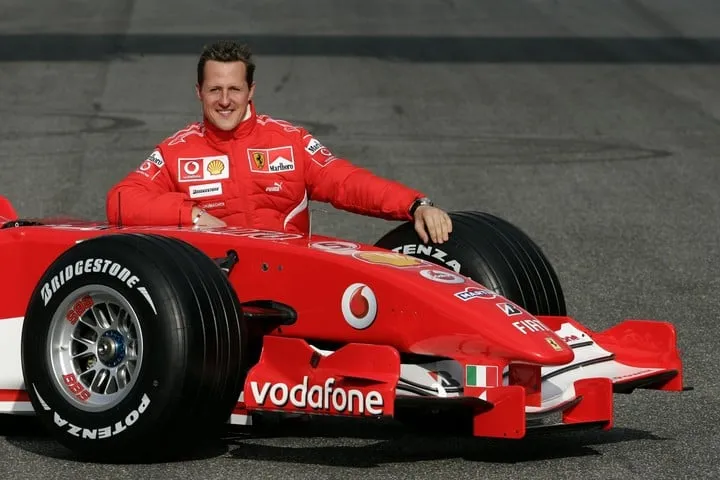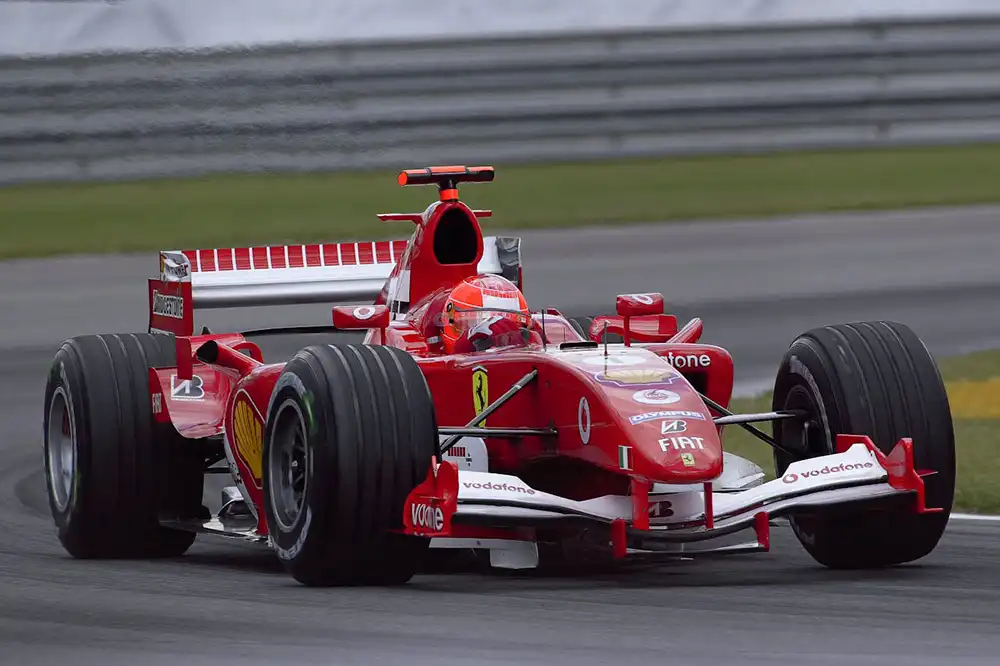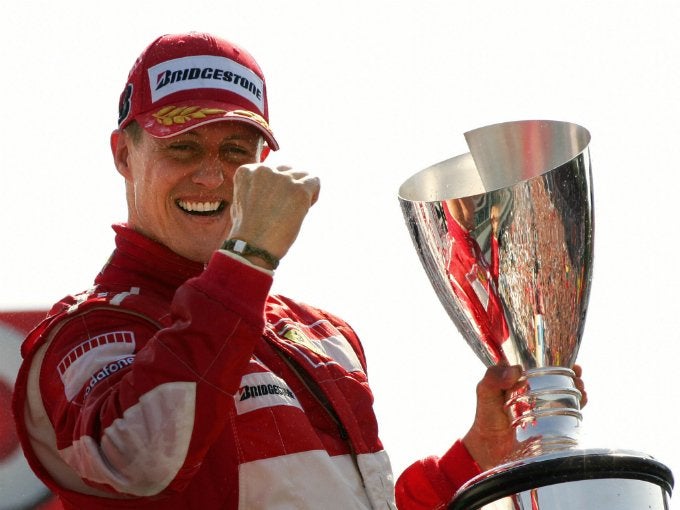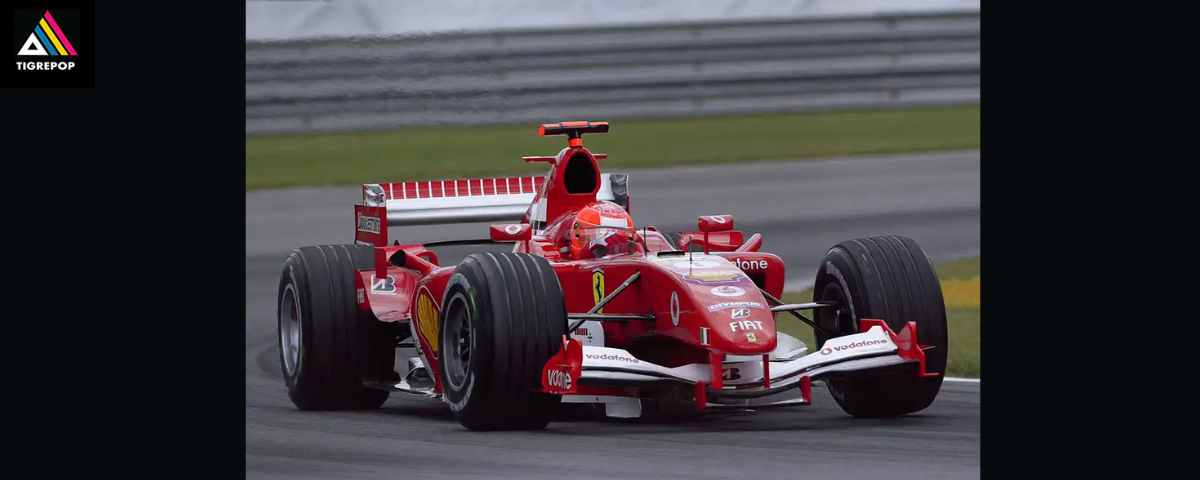Michael Schumacher is often regarded as one of the greatest Formula 1 drivers of all time. With seven world championships, 91 Grand Prix victories, and a career that reshaped modern F1, Schumacher left a lasting legacy on and off the track. His precision, mental toughness, and ability to develop teams turned Ferrari into a powerhouse after decades of disappointment. Beyond the numbers, Schumacher inspired generations and transformed the role of a professional racing driver.
1. Early Life and Racing Roots
Michael Schumacher was born on January 3, 1969, in Hürth, West Germany. His father managed a go-kart track, and his mother worked in its canteen—giving young Michael early exposure to racing. By age four, he was already racing karts. After progressing through junior karting championships, Schumacher won the German Formula 3 title in 1990 and caught the attention of F1 team bosses.

2. Formula 1 Debut and Rise with Benetton
Schumacher made a surprise debut in Formula 1 at the 1991 Belgian Grand Prix with Jordan. After impressing in qualifying, he was quickly signed by Benetton, where he would win his first two world titles in 1994 and 1995. His driving style—precise, aggressive, and relentlessly consistent—combined with his deep understanding of car mechanics, made him a formidable competitor. His 1994 title was controversial due to on-track incidents, but his dominance was undeniable.
3. Ferrari Era: Building a Dynasty
In 1996, Schumacher made a bold move to join Ferrari, a team that had not won a drivers’ title since 1979. He brought with him key personnel from Benetton, including technical director Ross Brawn. The early years were challenging, with mechanical failures and stiff competition. However, Schumacher’s leadership, work ethic, and technical input laid the foundation for long-term success.
From 2000 to 2004, Schumacher won five consecutive world championships, an unmatched achievement at the time. He broke multiple records: most wins in a season (13 in 2004), most consecutive titles with one team, and most fastest laps. Ferrari became the gold standard in Formula 1 under his direction, and Schumacher was its undisputed cornerstone.

4. Driving Style and Work Ethic
What set Schumacher apart was not only his speed, but his approach to preparation. He was among the first F1 drivers to adopt a rigorous fitness regime, influencing how modern athletes train. He worked tirelessly with engineers, often spending hours in simulators and test sessions, ensuring every technical detail was optimized. His strategic mind, tire management skills, and wet-weather prowess were legendary. In wet conditions, he often outclassed his competitors by seconds per lap.

5. Controversies and Competitive Fire
Schumacher’s career was not without controversy. He was involved in multiple on-track incidents that drew criticism, including collisions with Damon Hill in 1994 and Jacques Villeneuve in 1997, the latter of which led to his disqualification from the championship standings. Despite this, his competitiveness and determination were seen as part of what made him a relentless winner.
6. First Retirement and Comeback with Mercedes
Schumacher retired from Formula 1 in 2006, with a legacy cemented as one of the greatest of all time. However, in 2010, he made a comeback with the newly rebranded Mercedes team at age 41. Though he did not add more wins or titles, his return helped mentor younger teammates and contributed to building the team structure that would later dominate the sport with Lewis Hamilton.
7. Accident and Personal Life
In December 2013, shortly after his final retirement, Schumacher suffered a severe brain injury while skiing in the French Alps. Since then, his condition has remained private, with only limited updates from his family. The accident sent shockwaves through the sporting world, and fans around the globe continue to express their support.
Schumacher is a family man, married to Corinna Betsch, and has two children, including Mick Schumacher, who followed in his footsteps into Formula 1. Off the track, Michael was known for his philanthropy and generous donations to medical and educational causes.
8. Legacy and Influence
Michael Schumacher’s influence on Formula 1 is profound. He transformed how drivers work with teams, emphasizing discipline, fitness, and technical feedback. He set a new benchmark for what it meant to be a complete driver. His records stood for years, and his rivalry with drivers like Mika Häkkinen helped grow the sport’s popularity worldwide.
He inspired a new generation of drivers, including Sebastian Vettel and Lewis Hamilton—both of whom have cited Schumacher as their childhood idol. While Hamilton has now surpassed many of Schumacher’s records, the German driver’s impact is still felt throughout the sport.

9. Cultural Impact and Public Image
In Germany, Schumacher became a national hero, helping to spark a motorsport boom in the 1990s and 2000s. He was known for his professionalism, calm demeanor, and occasional flashes of humor. Despite controversies, Schumacher was widely respected for his commitment to excellence and his charitable work.
Today, the «Keep Fighting» movement, launched by his family, embodies his spirit of resilience and has become a symbol of hope for fans and athletes alike.

10. A Legacy Etched in Motorsport History
Michael Schumacher’s name remains synonymous with greatness in Formula 1. His combination of talent, work ethic, and sheer will to win helped reshape the sport and elevate it into a new era. More than just a champion, he was a pioneer who changed the expectations of what it means to be a racing driver.
Though his career ended in tragedy, his influence endures through the teams he shaped, the drivers he inspired, and the millions who still wear his red Ferrari cap with pride.
References (APA)
BBC Sport. (2023). Michael Schumacher: Career profile.
Brundle, M. (2022). Schumacher: The Making of a Legend. Motorsport Press.
F1 Official. (2024). Michael Schumacher’s career stats and records. Formula1.com.
Hughes, M. (2021). Michael Schumacher: Master of Speed. GP Racing Magazine.
Smith, L. (2023). Michael Schumacher: Ferrari’s greatest era. ESPN F1.
Wikipedia. (2025). Michael Schumacher – Career overview.
















